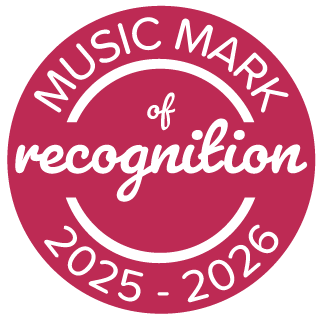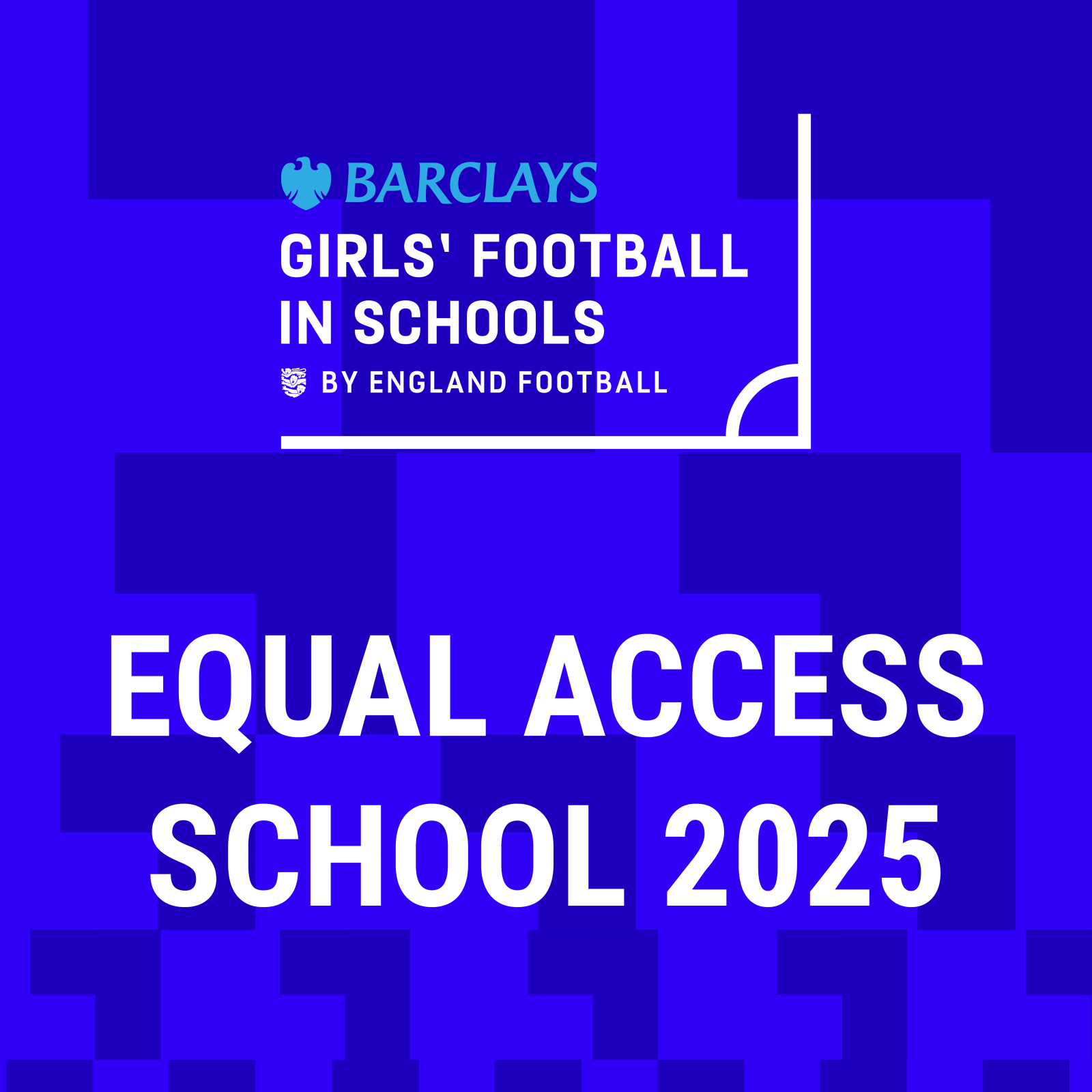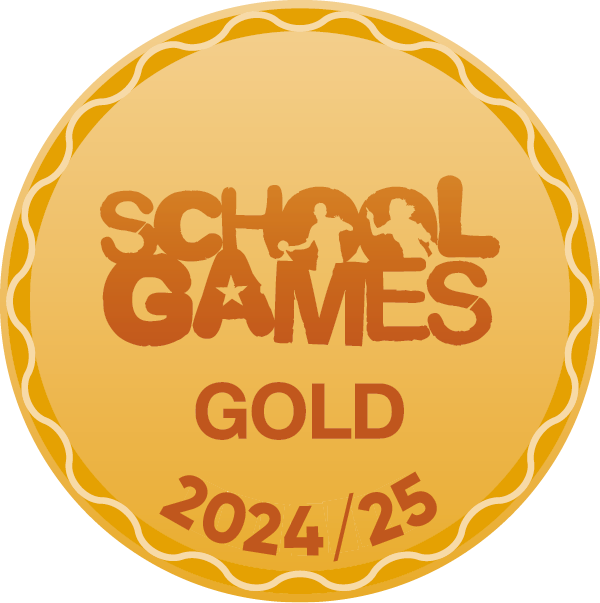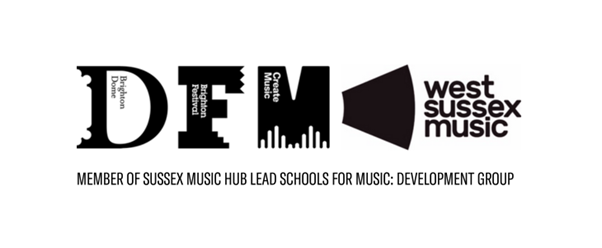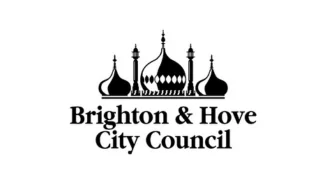The Equality Act 2010 requires schools to publish information to show how we are working to:
Eliminate discrimination
Advance equality of opportunity between people who share a protected characteristic* and people who do not share it
Foster good relations between groups of people
The *protected characteristics – which relate to a primary school – are:
• Disability
• Gender reassignment
• Sex
• Sexual orientation
• Race
• Religion and belief
Other groups of pupils we believe it is also important to consider are:
Looked-after pupils / children who were previously look-after
Young carers
Pupils eligible for free school meals or living in poverty
This forms part of our published information and is designed to show information that will be most useful and interesting to our families. On the school website, there is also our Equality Policy; our Equality Action Plan; our Access Plan; our Anti-Bullying Policy and our PSHE (Personal, Social and Health Education) Policy
At St Luke’s Primary School we strive to treat each member of our community as an individual; to make each individual feel valued and to teach our pupils to do the same. Trying to achieve this involves us all learning what we all have in common as well as valuing our many differences. We think that children will learn better in a school where everyone feels equally safe and welcome. We believe everyone has the same rights but may have different needs and so making school ‘fair’ for everyone is not about giving everyone the same things.
As well as teaching the children about equality and diversity generally through the curriculum and particularly through our PSHE curriculum, we also regularly discuss these ideas with the children in assemblies and aim to reflect these values in our day to day interactions with the children.
We teach children about ‘put downs’ and prejudicial language and our playgrounds are safe places to be (never perfect, but children are confident they will be looked after if things go wrong). Peaceful Problem Solving Skills and ‘Learning with Others’ Skills are taught throughout the whole school. The equality message is loud and strong and we involve the children in ensuring that this remains so. We have (in the Junior department) an ‘E Team’ (Equalities Team) of children who help adults keep this a living project.
“The school ethos of equal opportunities and valuing of diversity ensures that pupils treat people of all types and from all backgrounds with equal respect.” Ofsted 2013
Gender Equality @ St Luke’s Primary
What this means to us:
- Stereotyping means expecting girls and boys to behave or look a particular way. We recognise that there is still incredible pressure in society for us to conform to gender specific roles / looks and we need to teach children about this
- We value individuality and this includes individuality in children who don’t want to act or dress in a way that is ‘typically like a boy’ or ‘typically like a girl’
- We respect and support children’s gender identities whether they accept, question or want to change the gender ascribed to them at birth
How do we promote gender equality?
- Staff use language carefully to reflect gender equality (for example: we wouldn’t say ‘ladies first’, we would teach the children about letting each other through a door as a polite thing to do; we would talk about fire-fighters not firemen; police officers not police men or women; nurse not male nurse which suggests a man as a nurse is unusual)
- Teachers don’t ask children to get into boy and girl groups / teams in (for eg) PE
- We do run girl-only sports clubs because these sporting activities are often dominated by boys and so we positively discriminate
- We make sure that there is a gender balance to our pupil surveys; school councils etc so that we hear the voice of boys and girls equally
- We teach the children about stereotyping within the curriculum and we occasionally undertake a ‘Stereotype Trail’ – checking toys / displays / book corners
- We challenge stereotypes through the books we read children; choices of images we present etc
- We analyse all our data by gender to check if there is an issue we need to address (eg improving the attainment of boys in writing)
- Our work promoting gender issues with junior children is featured in a Stonewall Good Practice Guide. Allsorts (a group supporting LGBTU young people) workshops are part of the Year 6 curriculum to teach children to support and value each other whatever anyone’s gender or sexuality
What we avoid/don’t tolerate:
- We don’t tolerate gender put-downs (for example: calling a boy ‘a girl’ to make him feel bad; calling a girl a tomboy because she plays football)
- We try to make sure reading books reflect our gender equality policy. If you find a book that you think gives the wrong message, please tell your child’s class teacher – we won’t be offended (some may slip through the net and we will be able to use them to teach children about gender equality). We do have books that are obviously aimed at girls or boys and we know these appeal to children – we are more worried about stories that give stereotypical messages about girls’ or boys’ roles in the world
How we would like to improve our Gender Equality work:
- We are creating more sporting opportunities for girls and in particular competitive team events. Emma Liles (PE Coordinator) has taken on the role of championing girls’ sports within the school
- We want to support more boys to explore activities deemed typically ‘female’ (eg dance; textiles; choir; netball)
- We are aiming to increase children’s understanding of gender stereotyping and sexism and begin these discussions earlier, from the beginning of EYFS. This includes curriculum developments (every subject leader’s action plan aims to develop diversity within their curriculum area) and every day learning and teaching practice (eg resources; worksheets; powerpoint images; displays) – see our Equalities Everyday Practice Guide
Family Equality @ St Luke’s Primary
What this means to us:
- We value all family types as equally special and recognise that children need to be proactively taught that other children’s families can be different to their own family type.
- How will we make all families feel equally valued and help children from different family types get on well together?
- We will celebrate families in special ‘Good To Be Me’ weeks regularly over your child’s time in our school and within the RSE* / PSHE curriculum. Our hope and experience is that celebrating family diversity encourages children to share and therefore educate other children about the variety of family types in our community
- We use the term ‘grown ups’ as a general term rather than ‘mums and dads’ to refer to children’s significant adults so that children who live with one parent; 2 mums; 2 dads; foster parents or who live with extended family don’t feel that their own family make-up is not included. We ask club providers to use this language too. Not only do we avoid certain language, we also actively talk about different family types and children regularly hear all family types recognised in our language. We buy books that include a variety of family types.
- We have a Separated Parents policy and are proactive in engaging both parents to engage with school.
- We realise that there are financial inequalities between families at St Luke’s and, via our Poverty proofing audit, aim to ensure no family or child is excluded from a school event or activity for financial reasons and that we do not add stress or embarrassment to families
- In Relationships and Sex Education*, we teach the children that babies are conceived in different ways (conception teaching formally happens in key stage 2 but questions can begin before then and will be answered in an age-appropriate way) – a parent/carer meeting always takes place before RSE education lessons
- We recognise that children who are adopted into families or fostered often have specific needs and may need additional care. We employ a specialist attachment mentor and staff are trained in attachment theory. We are sensitive to areas of the curriculum / the calendar year that may affect children (eg we don’t celebrate Mothering Sunday; we are careful to talk to parents/carers before naming ceremony RE lessons or conception RSE lessons; we know birthdays or anniversaries can be a time of stress). We know that change and transition are sensitive times for children with attachment difficulties and will work with parents/carers to support this. We can also celebrate fostering or adoption days if children would like to do so
What we avoid/don’t tolerate:
- We don’t tolerate any put downs about families and deal with them seriously – we take any put-down as an opportunity to educate children about diversity and equality
- We teach children about homophobia and homophobic put-downs. The casual use of ‘gay’ as a negative adjective is never tolerated and children are taught why this can never be acceptable
- We never leave children out of trips because their grown-ups can’t afford to pay for them and we provide a free place in each fee-charging clubs
How we would like to improve our Family Equality work:
- Comprehensive poverty proofing action plan
- We are aiming to increase visual representations of different family types throughout the school
Disability Equality @ St Luke’s Primary
What this means to us:
- We celebrate different abilities in many ways while also supporting the specific needs children may experience. We teach children to celebrate difference and that difference is not about lack or less but about rights, needs, attitude and access. We teach the children that equality is not about everyone getting the same but about everyone getting what they need.
- If your child is joining our school and has a disability we recognise that you will need additional time with school staff so you can tell us about your child’s needs (you are the expert) and for us to explain how we will work towards meeting your child’s needs
- We recognise that helping your child be equally included may need specific support and we will work with you and other agencies to ensure we do this well
- Disabilities can affect a child’s achievement or social experience in very different ways. Although achievement is a major factor, we also are clear that a child’s social experience is vital to a good education and can help your child achieve a positive social experience in a variety of ways
How do we promote disability equality and help all children get on well together?
- We teach children about disability equality through the curriculum via specific units of work as well as our general language and attitude
- Adults with learning disabilities visit our school to teach Makaton twice every week (and others for specific lessons) and this has helped the children break down barriers and build relationships with people with disabilities.
- Occasionally, and with parental consent/involvement, we support disabled children to teach their peer group about their specific needs to enable children to support and understand those children better. Children respond to this incredibly well. Difference is often obvious to children and this benefits from being discussed and accepted openly to support positive relationships. Children have become so confident about their differences that they have been enabled (as older primary children) to talk to their whole class or the school about their own disabilities (eg severe dyslexia or autism) and this has always had a positive impact
- All children at St Luke’s have equal access to all of school life. This includes clubs (your child may need support to attend and we can provide this) and trips including residential trips in Years 5/6
- Children may become diagnosed with a learning disability during their time at St Luke’s (eg dyslexia). We have clear pathways to diagnosis of specific learning difficulties / disabilities and parents/carers will be involved with this process and given information about support offered as a result. You are welcome to discuss any concerns about your child’s development at any time and will receive information about additional support at least twice a year. Please come and talk about anything you don’t understand or anything about which you would like more information
What we avoid/don’t tolerate:
- We talk to the children about different skills, achievements and abilities. We know that children/people can be competitive and avoid the ‘top/bottom group’ classroom set-up via our ‘Learning Community’ practice – this means that children experience learning with all children over time in mixed attainment groupings. They are specifically taught how to include every one and how to listen to each other’s ideas respectfully
- We treat put downs related to ability/disability seriously. These can include put downs pertaining to high attainment (eg: geek; nerd) or low ability / attainment (eg: thick; stupid). Such put downs are unusual.
How we would like to improve our Disability Equality work:
- See our separate access plan
- To increase representation of disabled people in our school. This includes curriculum developments (every subject leader’s action plan aims to develop diversity within their curriculum area) and every day learning and teaching practice (eg resources; worksheets; powerpoint images; displays; (eg) historical / scientific contributions of disabled people) – see our Equalities Everyday Practice Guide
- To further develop children’s understanding of individual needs/ different ways of playing to improve social experiences for some disabled children (sociogram data)
Race and Heritage Equality @ St Luke’s Primary
What this means to us:
- We value all our children as individuals and value the diversity of racial and cultural heritage within our community. As a school with a relatively small ethnic minority community, we feel it is especially important to value and make visible not only the races and cultures represented within our community but those that are not currently represented – and to do this in a planned and proactive way.
- How do we value all the children’s cultures and help children from different communities get on well together?
- Through our Global Citizenship planning, we find as many opportunities as possible within the curriculum to teach the children about other cultures and ethnicities (eg All Around the World topic in Reception)
- We teach children about Gypsy, Roma and Traveller cultures in the curriculum and assemblies and include trailers / vans in discussions (and play resources) about ‘homes’. We have books about GRT culture for the children to read. We hold assemblies to celebrate Gypsy, Roma and Traveller month
- We make sure toys, displays, books etc reflect a range of people from different cultures and avoid stereotypes
- We have Refugee Week assemblies and teach the children about refugees as part of the curriculum
- We celebrate Black History Month in assemblies and are developing a more diverse / hidden history curriculum
- We hold annual Language Week in September in which we celebrate all the children’s languages and invite members of our community to come and talk about their cultures. We try and use children’s languages regularly (eg in answering the register). We have started a Languages Group for children who speak another language at home.
- We formed an Arabic and Asian Women’s Group made up of parents and staff to look at ways to develop the school’s relationship with all parents
- Good To Be Me weeks and PSHE units help all children understand and respect our range of identities
What we avoid/don’t tolerate:
- We teach children about GRT insults (pikey; chav being the most common) and do not tolerate their use; racist comments / put-downs are never tolerated
How we would like to improve our work:
- We are developing a proactive ‘everyday’ curriculum as well as specific lessons to explore skin colours and cultures (eg different food in lunch boxes) from the start of reception. The use of persona dolls to support multi-cultural understanding in our youngest children is being trialled as part of this
- To increase representation of skin colours and cultures in our school. This includes curriculum developments (every subject leader’s action plan aims to develop diversity within their curriculum area) and every day learning and teaching practice (eg resources; worksheets; powerpoint images; displays) – see our Equalities Everyday Practice Guide and our Race Equality Education Action Plan (April 2021)
Religious or Belief Equality @ St Luke’s Primary
What this means to us:
- We value the diversity of religious belief and other philosophical beliefs (eg humanism) within our local and wider community. We also respect the right to have no religion or belief.
- We believe that religious/belief education plays an important role in helping to keep our community a tolerant and inclusive place in which to live
- How do we value all the children’s beliefs and help children with different beliefs get on well together?
- Our Religious Education curriculum gives young people the opportunity to develop an understanding of their own and other people’s beliefs and therefore helps young people live in a diverse society
- We regularly invite representatives from different faiths communities to speak in our RE lessons. Children also make regular visits to different places of worship within our community
Our assemblies programme includes exploration of important ideas and stories from different faiths - Children are encouraged to ask questions and explore the big ideas raised in stories from a range of faiths within our Philosophy for Children (P4C) lessons
We use language carefully and have an agreed Language Code. For example: we don’t refer to ‘Christian names’; we use BCE (Before Common Era) /CE (Common Era) alongside BC/AD; we would always say “some people believe …..” - We respect the right of families to celebrate key religious festivals and authorise absences accordingly
- We respect the religious wishes of families regarding participation in school celebrations (for example Christmas performances and birthday assemblies)
We have no school uniform and recognise that the wearing of religious dress and symbols can be an important expression of an individual’s religious identity
What we avoid/don’t tolerate:
- Put-downs related to belief or religion are never tolerated
How we would like to improve our work:
- We would like to include more members of our school community to come and talk about their faith and how this affects their way of life
- We are aiming to make sure all religions and special religious festivals celebrated by our families are also celebrated in/through school
- We aim to plan more opportunities for children to talk about their own beliefs
St Luke’s Primary School Equality Action Plan 2020-22

